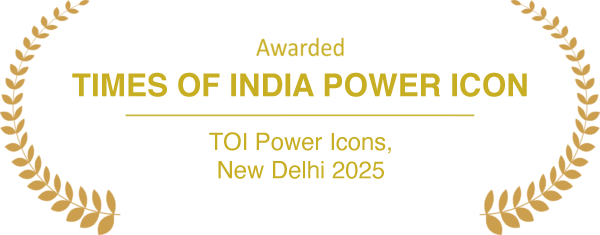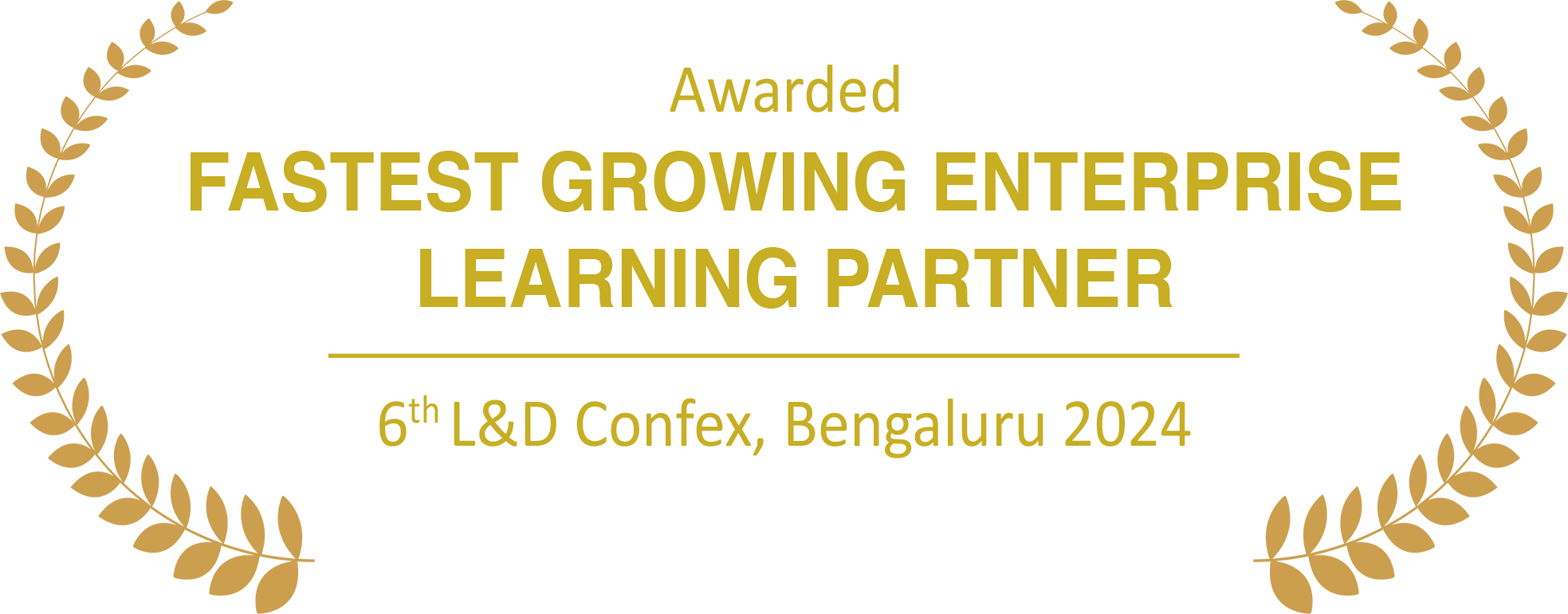
Overview
The Professional Scrum Master™ II (PSM II) certification demonstrates advanced knowledge of the Scrum framework, enabling Scrum Masters to solve complex problems, support Scrum Teams effectively, and drive Agile transformations within organizations. This course is designed for experienced Scrum Masters seeking to deepen their expertise in facilitating, coaching, and managing Scrum teams for high-impact delivery.

Objectives
By the end of this course, leaner will be able to:
- Enhance understanding and practical application of advanced Scrum principles and the Scrum Master role.
- Develop effective coaching and facilitation skills to support self-managing teams.
- Master techniques for managing technical risk and delivering products professionally.
- Improve skills in product backlog management and engagement with stakeholders.
- Cultivate Agile transformation capabilities to influence organizational design and culture.

Prerequisites
- Prior experience as a Scrum Master with in-depth Scrum knowledge.
- Completion of the PSM I or equivalent foundational Scrum training (recommended).
- Familiarity with product backlog management and Agile principles.
- Ability to facilitate Scrum events and collaborate with cross-functional teams.
- Willingness to engage in advanced problem-solving exercises.

Course Outline
- Deep dive into Empiricism, Scrum Values, and team dynamics.
- Understanding the nuances of Scrum events and how to facilitate them effectively.
- Role of Scrum Artifacts and the Definition of Done in quality management.
- Techniques for fostering self-managing teams.
- Approaches to effective team facilitation, coaching, and mentoring.
- Exploring various leadership styles suitable for Scrum Masters.
- Advanced product backlog management techniques.
- Engaging stakeholders and understanding customer needs.
- Strategic approaches to balancing priorities in Agile product development.
- Managing technical risk and ensuring quality in product delivery.
- Approaches to continuous improvement and professional product delivery.
- Applying Scrum principles to achieve reliable, high-quality outputs.
- Cultivating an Agile mindset within teams and across the organization.
- Designing for adaptability and scalability in Agile practices.
- Driving organizational change to support Agile transformation.


 Projects
Projects Assignments
Assignments






